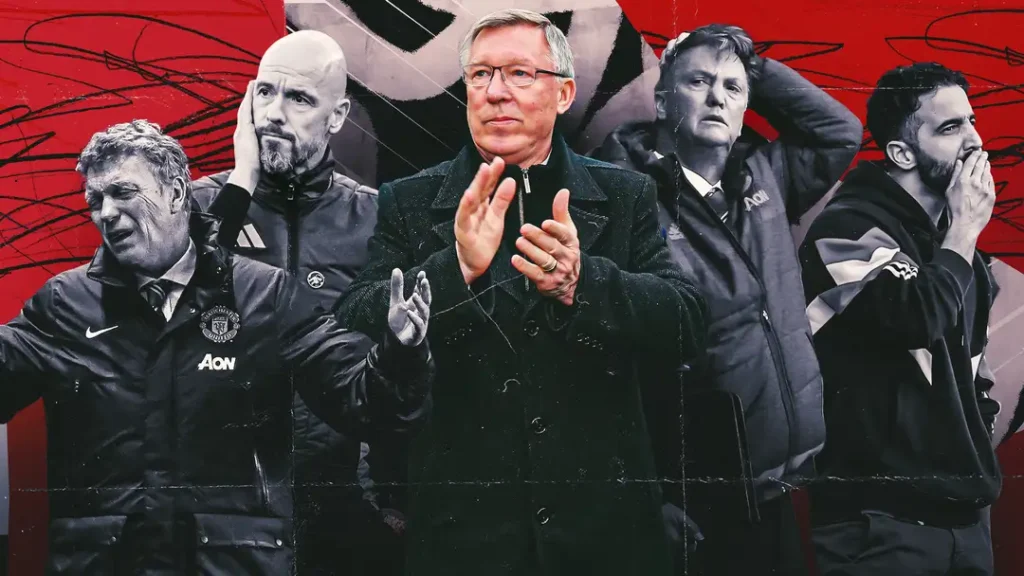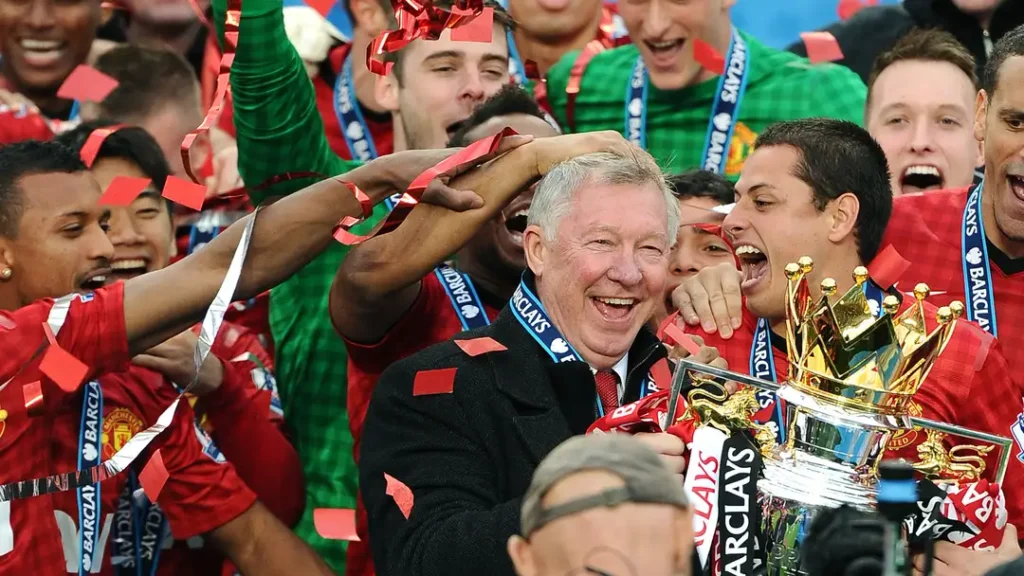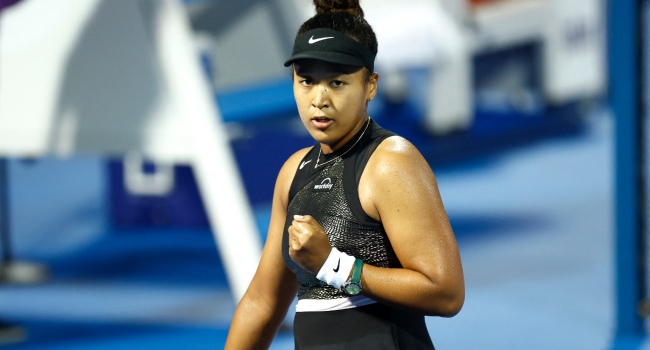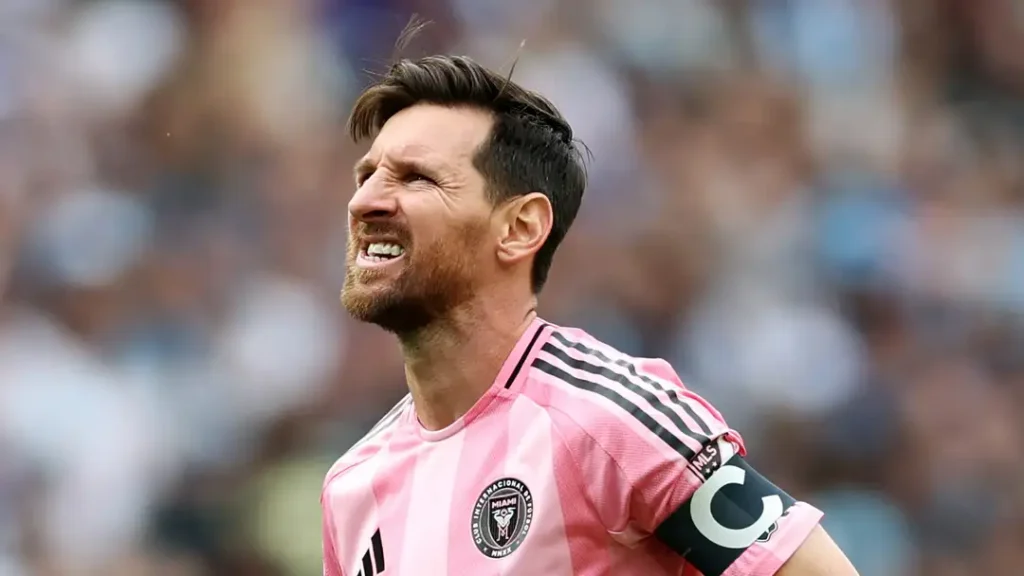
As Manchester United fans look ahead to the Europa League final against Tottenham, they’re torn between excitement and apprehension. Despite the prospect of silverware, the team’s on-field struggles and off-field issues, highlighted by Ruben Amorim’s candid comments, cast a shadow over their enthusiasm. The club’s current state is a far cry from its glory days under Sir Alex Ferguson. The Glazer takeover, which fans widely criticized, has contributed to the team’s decline. Now, supporters are left hoping for a Europa League trophy to lift the gloom. The Europa League final offers a chance for redemption, but can Manchester United overcome their challenges and bring home the trophy?
There are striking parallels between Manchester United’s current situation and events from two decades ago. In 2005, the club was preparing for an FA Cup final against Arsenal, but the atmosphere was overshadowed by internal unrest following the Glazer family’s controversial takeover. The deal, completed as a leveraged buyout, immediately plunged United into financial uncertainty. What was once a self-sustaining, debt-free club—balancing its books consistently since 1931—was suddenly burdened with £580 million ($776m) in debt.
Now, 20 years on, the effects of that takeover continue to cast a long shadow over Old Trafford. The club’s debt has swelled further to £731.5 million ($965m), contributing significantly to Manchester United’s ongoing financial instability. The consequences are far-reaching. Under Sir Jim Ratcliffe’s part-ownership, drastic measures have been taken to curb spending and restructure operations, including the layoff of more than 400 employees in the past year.
This financial strain also limits United’s ability to compete in the transfer market. With the club edging dangerously close to breaching the Premier League’s Profit and Sustainability Regulations, investment in new players has become more constrained. The Glazer takeover not only transformed United’s financial landscape but also fundamentally altered its ability to operate as a footballing powerhouse. Today’s challenges are deeply rooted in decisions made two decades ago—decisions whose ramifications continue to shape the club’s direction.
Achieving success on a lean budget

Ferguson wasn’t entirely truthful when he claimed the Glazer takeover didn’t affect United’s spending. In reality, the club’s transfer budget was significantly reduced in the years immediately following the 2005 buyout. During that initial period, Ferguson’s major signings were limited to Edwin van der Sar, Park Ji-sung, and Michael Carrick—hardly extravagant by United’s previous standards. It wasn’t until 2007 that he was granted a larger budget, allowing the acquisitions of Nani, Anderson, Owen Hargreaves, and Carlos Tevez (on loan), which helped deliver a Premier League and Champions League double in 2008. But overall, the financial constraints were clear.
One of the most telling examples came in 2009, when United sold Cristiano Ronaldo to Real Madrid for a then-world record £80 million ($106m), but reinvested only £22 million ($29m). The club’s biggest signings that summer were Antonio Valencia and Michael Owen—who arrived on a free transfer. Remarkably, despite the austerity, Ferguson maintained a high level of success. United narrowly lost the title to Chelsea in 2010 by a single point, only to reclaim it in 2011. That triumph came after a summer in which their biggest signings were Javier Hernandez and the little-known Bebe.
In 2013, Ferguson signed Robin van Persie—a marquee addition interpreted by many as a parting gift to ensure he left on a high note. The Dutchman’s goals proved decisive as United wrestled the title back from Manchester City in Ferguson’s final season.
Ironically, after Ferguson retired, the Glazers began spending far more freely. Louis van Gaal was backed with £165 million ($219m) in his first summer and another £135 million ($179m) in his second, signing Champions League winners like Angel Di Maria and Bastian Schweinsteiger. Jose Mourinho followed, spending £320 million ($424m) across his first two summers, including a then-record £89 million ($117m) move for Paul Pogba. Most recently, Erik ten Hag has overseen more than £600 million ($796m) in spending over just three years.
The contrast is stark. Ferguson managed to sustain success on a tight budget, while his successors were handed lavish resources—with far less return.






